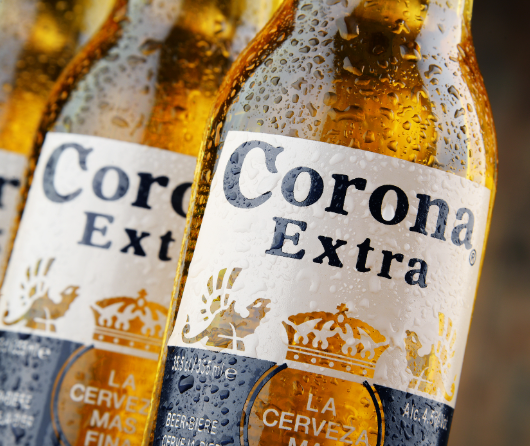|
Getting your Trinity Audio player ready...
|
Did you know that beer can be more than just a tasty beverage? There are plenty of health benefits associated with drinking beer, including a boosted immune system and a lower risk of certain diseases. In this article, we will discuss what these benefits are, how to enjoy them responsibly, and why they’re worth considering.
Beer has been part of human culture for centuries. It’s a fermented grain-based beverage usually made out of hops and malted barley. It’s known for its alcoholic content, but it also contains antioxidants like polyphenols that offer several health benefits when drunk in moderation.
If an occasional cold one is something you enjoy, then you should take the time to explore some of the amazing health benefits associated with drinking beer responsibly. In this article, we’ll explain why drinking beer in moderation can have positive effects on your body and overall well-being.
Boosted Immune System
Beer contains certain vitamins and minerals, such as Vitamin B6, that can help improve your immune system and keep you healthy. Studies have found that moderate beer consumption can increase the level of antibodies in your body, which helps fight off infection.
Lower Risk of Heart Disease
Moderate beer consumption has been linked to a lower risk of heart disease. The antioxidants and other compounds in beer can help reduce inflammation and improve cholesterol levels, both of which are associated with a lower risk of cardiovascular problems.
Reduced Risk of Diabetes
Studies have shown that drinking one or two beers per day can reduce the risk of Type 2 diabetes by up to 25%. This is because the polyphenols found in beer can help regulate blood sugar levels and reduce insulin resistance.
Improved Bone Health
Beer contains silicon, a mineral that can help improve bone health and reduce the risk of osteoporosis. Studies have found that moderate beer consumption can increase bone mineral density, which is important for strong bones.
Reduced Risk of Cognitive Decline
Moderate beer consumption has been linked to a lower risk of cognitive decline and dementia in older adults. This is because the antioxidants found in beer can help protect the brain from damage caused by free radicals.
Improved Digestive Health
Beer can help improve your digestive health by promoting the growth of beneficial bacteria in your gut. This is because beer contains probiotics, which are healthy bacteria that can help improve digestion and reduce bloating.
Improved Skin Health
The antioxidants found in beer can help improve skin health by reducing inflammation and protecting the skin from damage. Moderate beer consumption can increase collagen production, which helps keep your skin looking young and healthy.
Reduced Stress
Beer contains several compounds that can help reduce stress levels, such as alcohol and hops. Drinking beer in moderation is important because it helps lower cortisol levels in the body, which is a hormone associated with stress.
Improved Sleep
Beer can help improve sleep quality by promoting relaxation and reducing stress levels. Studies have found that moderate beer consumption can increase the production of melatonin, a hormone associated with healthy sleep patterns.
How many beers a day is healthy?
The answer to this question depends on the individual and their health status. The recommended amount of beer is up to two drinks per day for men and one drink per day for women. It’s important to note that drinking more than this can have negative effects on your health This include including an increased risk of liver disease and high blood pressure.
It’s also important to remember that each person metabolizes alcohol differently, so it’s best to talk with your doctor about what amount is right for you. Additionally, if you are pregnant it is advised to abstain from alcohol consumption altogether.
Which beer is good for fat loss?
When it comes to beer and fat loss, the key is moderation. While some beers contain fewer calories, drinking too much can still lead to weight gain. Additionally, drinking beer can increase your appetite, so it’s important to be mindful of how much you’re consuming.
If you’re looking for a low-calorie option, light beers tend to have fewer calories than regular beers. However, they also contain less alcohol and flavour, so it’s important to find a balance between taste and calorie count when selecting your beverage of choice.
Conclusion
Overall, drinking beer in moderation has several health benefits that are worth considering. Beer contains beneficial vitamins, minerals, and antioxidants that can help boost your immune system. Reduce the risk of heart disease and diabetes, improve bone health .Also helps to reduce cognitive decline, improve digestive health, and even improve skin health. So next time you crack open a cold one, remember to enjoy it responsibly for maximum benefit!





